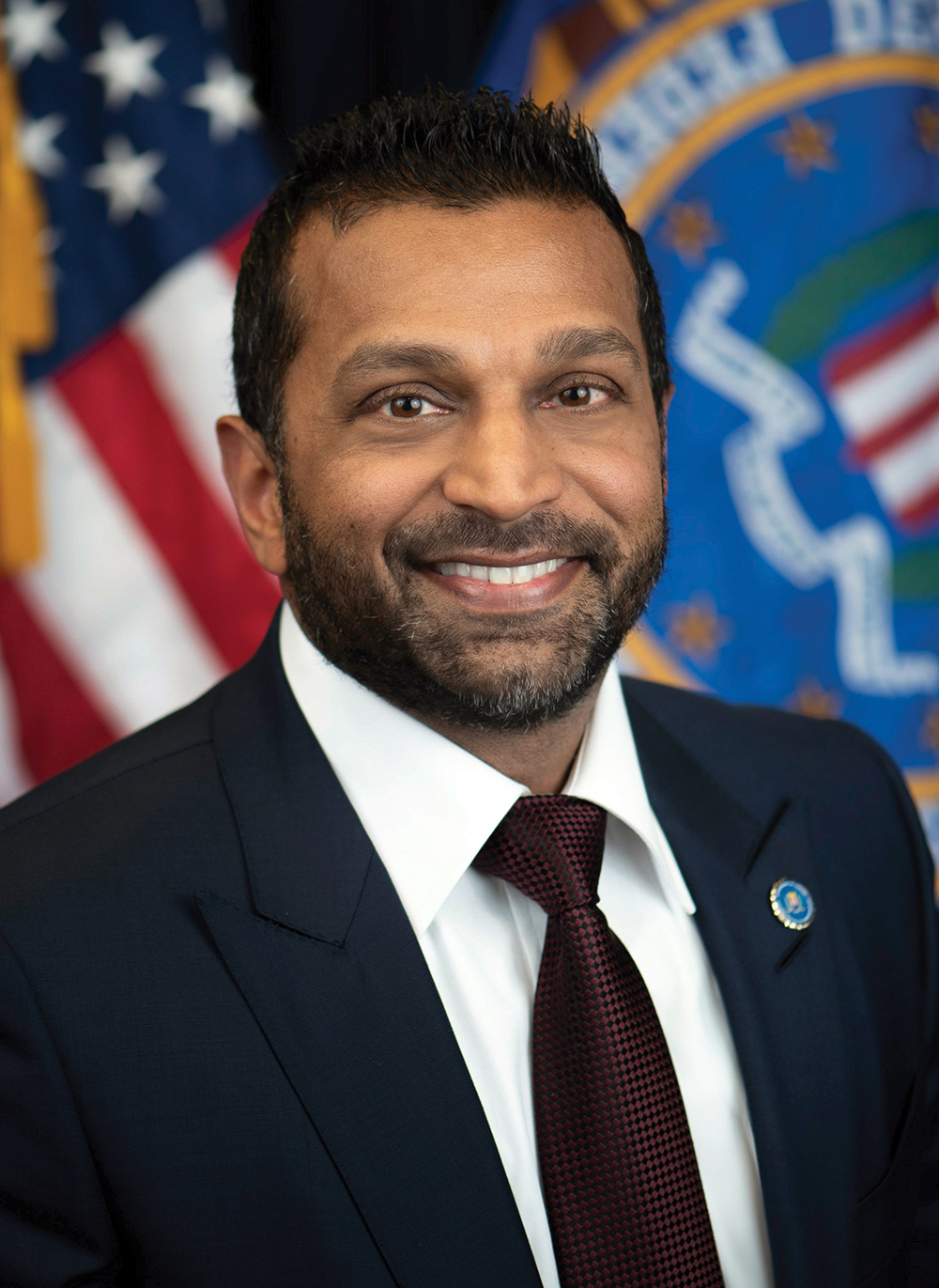Over the last several days, local political leaders fell into rhetorical traps, some of their own making.
Example: In an effort to be inspirational in his weekly online column last week, Memphis Mayor Paul Young had this to say: “We’re challenging all graduates and Memphians to take a Negativity Fast from May 17 to June 11: no trash talk about Memphis, share what you love about your city with others and post something positive. Memphis is writing a new chapter — be part of it.”
Within 48 hours, Young was gainsaid by Donald Trump’s FBI Director Kash Patel (to be sure, no Memphian), who, so far from fasting, gorged himself on some quick publicity, announcing to the world at large via a Fox News interview that “I didn’t know this until my confirmation process, but Memphis, Tennessee, is the homicide capital of America, per capita. Didn’t know that. We have a problem there. We’re now addressing it. We’re rolling out one of our task forces to the state of Tennessee.”
So long, Negativity Fast. Many a Memphian, still digesting the outrage over the not-guilty verdict for the Tyre Nichols killers, would end up munching on Patel’s remarks in social media spaces.
The inconvenient segue took some of the shine off Young’s pride on having announced no new tax increase for the 2026 fiscal year, especially since spokesmen for the police were complaining that the Memphis Police Department (MPD), unlike the fire department, had been shorted of a pay-raise in this proposed city budget.
Meanwhile, County Mayor Lee Harris was boasting that his proposed budget, for the seventh straight year, contained no tax increase per se. In fact, said Harris, he was proposing a 20 percent tax cut. That turned out to mean that he wanted to lower the 2026 property tax rate from the current rate of $3.39 per $100 of assessed value to $2.73.
Harris’ boast was somewhat disingenuous, inasmuch as the proposed rate change was predicated on Tennessee’s “Truth in Taxation” law, also known as the certified tax rate law or the Windfall Law, which aims to prevent local governments from experiencing a revenue windfall (an unexpected increase in revenue) solely due to property reappraisals that increase property values.
In other words, given the fact of a recent countywide reappraisal of property by Assessor Melvin Burgess, the county’s overall tax receipts would remain the same, with some homeowners paying less and many others paying more in accordance with their higher individual property appraisals.
In any case, Assessor Burgess, one of several candidates known to be running for the term-limited Harris’ job in 2026, moved to outflank the mayor in an open letter with a bizarre boast, which also misrepresented the nature of the tax rate change.
“The reason your taxes went down,” wrote Burgess, “is not because of anything Harris did. Shelby County’s property tax rate will decrease by 20%, from $3.39 to $2.73, because of the growth my staff and I captured in Shelby County.”
In other words, Mr. Homeowner, if you’re one who’ll be paying extra money in property taxes because of a higher reappraisal, that should be understood not as a tax increase but as “growth” captured by the assessor.
Say thank you, and pony up.
